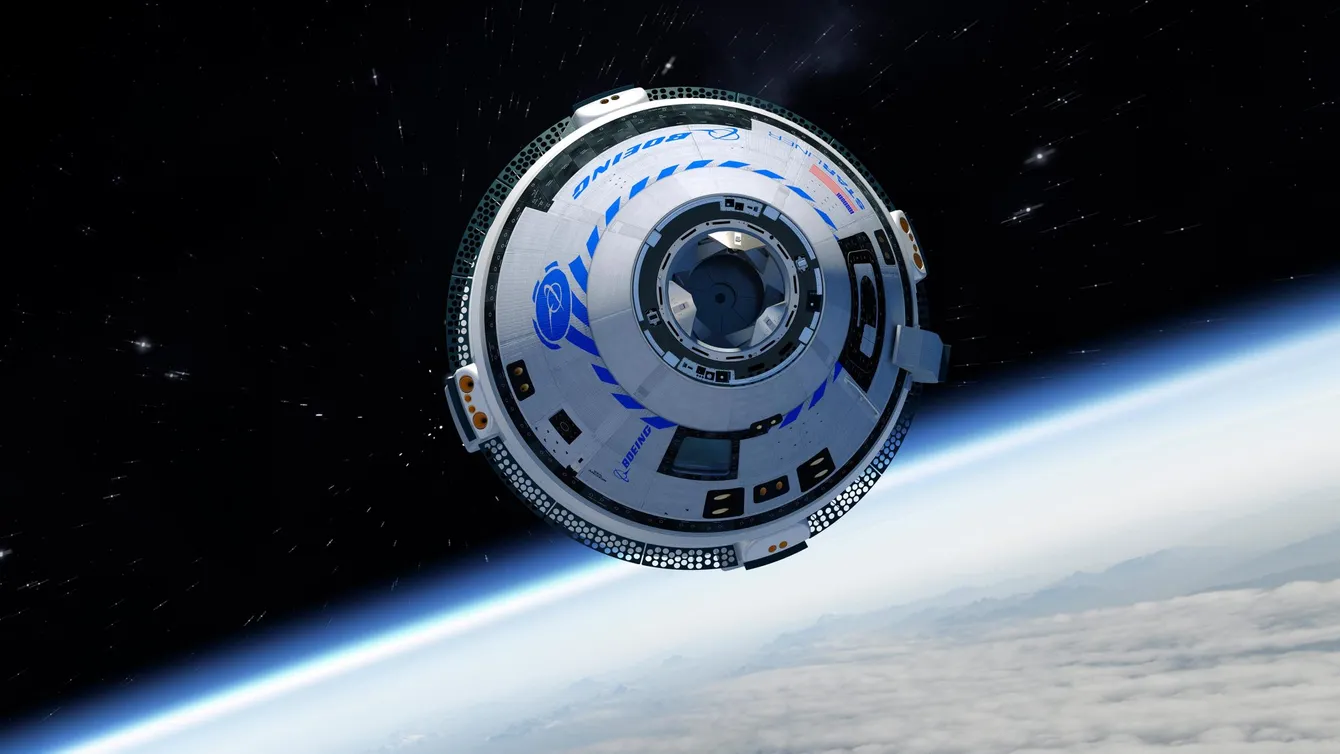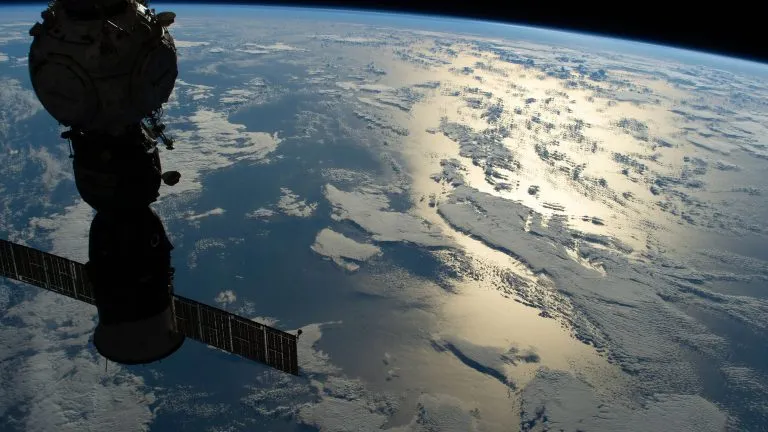On Tuesday, human research was given priority on the international space station, the expedition 67 crew of seven astronauts explored the impact of space life on the human body. Meanwhile, Boeing's second unmanned orbit test mission is scheduled to launch next weekend**

Exercise research and central nervous system research are the main experiments conducted by astronauts on Tuesday to help doctors understand how to maintain astronauts' health and success in long-term space missions. NASA astronauts Kjell Lindgren, Bob Hines and Jessica Watkins take turns to record the motion cycle in the destiny experimental module all day. Each of the three spent nearly an hour exercising and connected to sensors to let scientists know the aerobic capacity of astronauts in weightlessness.
Lindgren later worked in the node module of the tranquility to replace components on the advanced resistive exercise device, which simulated free weight training on earth. At the end of the day, he turned to space botany research, investigating hydroponic and air culture techniques to grow plants without soil.

Hines and Watkins also exchanged a virtual reality helmet in the Columbus Laboratory module because they explored how the human brain adapts to the lack of upper and lower references in microgravity. The observations will help researchers understand how the lack of gravity affects the way astronauts reach for objects.
The other three astronauts spent most of Tuesday working in the Russian segment of the space station. Commander Oleg artemiyev worked with flight engineer Denis Matveev to maintain various communication and life support hardware. Flight engineer Sergey Korsakov works on the ventilation system and oxygen generator while maintaining two Russian laptops.
The next spacecraft to visit the space station is Boeing's starliner capsule. The target is to be launched by the atlas-v rocket of the joint launch alliance at 6:54 p.m. Eastern time on May 19. As part of Boeing's orbital flight test-2, the unmanned commercial crew aircraft will lift off from Cape Canaveral Air Force Base in Florida. It will dock with the forward port of the harmony node module the next day, and set off and return to earth within the next 5 to 10 days.